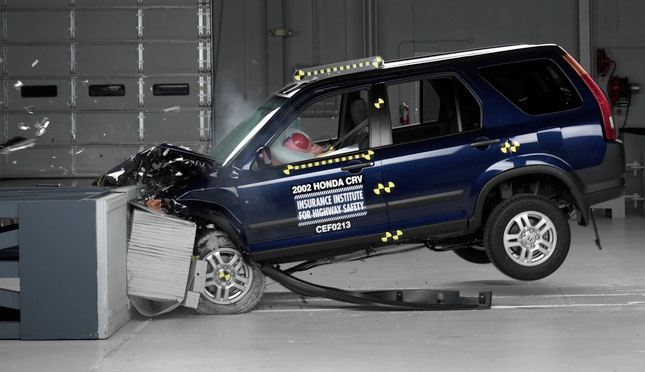Accidents can happen anywhere at any time. In the UK alone 17,000 people a year die from accidents, both on the road and off it.
Unfortunately we never know when disaster can strike. It’s impossible to guess when and where accidents will happen – or how bad they will be – but what we can do is prepare for them.

So check out five top-tips for what not to do when involved in an accident.
1. Don’t panic
The worst thing you can do in an accident is give in to your nature fight or flight instinct. If you panic you could turn a bad situation into a disastrous one. Instead try to keep your cool, breathe in and out and assess what’s going on around you before you make a decision.
Don’t lash out or give into anger against anyone also involved as this could escalate into further injury. Take control of what’s happening in a positive way.
2. Don’t run away
Whether you are the victim of an accident or the person whose actions could have caused it – don’t flee the scene. If you have suffered an accident on the road for example, if you drive away from the scene you are breaking the law.
This applies whether you have caused the accident or been the victim. You need to exchange details with the other driver. If the accident does not involve a car you still need to accept responsibility that you are part of what’s happened and try to resolve the incident.
3. Don’t admit you’re to blame
Taking responsibility for being involved does not mean accepting liability. If you are a polite person it can be instinctive to say “sorry” at the scene of an accident when encountering someone distressed or injured. Fight against this reaction as it could be used against you later in legal action.
Legal advice can be found through Co-op Personal Injury where professional lawyers will record your version of events and advise you on how best to proceed.
4. Don’t be afraid to approach witnesses
When faced with the trauma of a mentally or physically shocking event many people naturally shy away from talking about it with strangers. You may be too injured to talk or too traumatised. If you can safely approach witnesses at the scene and at least record their name and telephone numbers you can pass these onto your legal representatives who can then contact the witnesses at a later date.
These strangers are more valuable as witnesses than friends and family who may have also seen what happened and be willing to help. As Co-op Personal Injury Services will tell you, the fact you don’t know these witnesses means a court will see them as impartial.
5. Don’t endanger yourself
No matter what happens, the number one priority is your own safety. If in an emergency you can think of nothing else, remember to put yourself first.
Photo credit: galawebdesign







